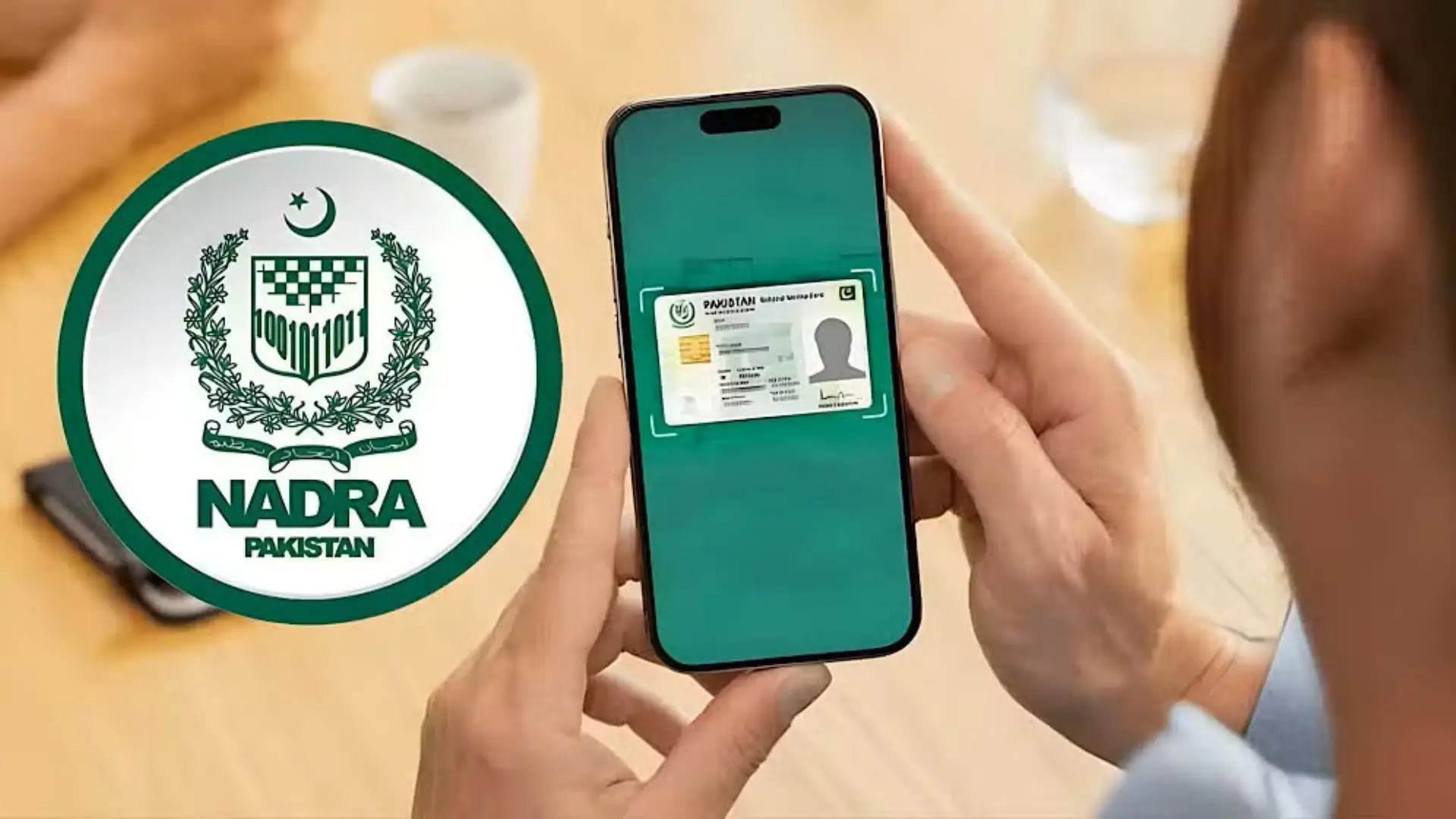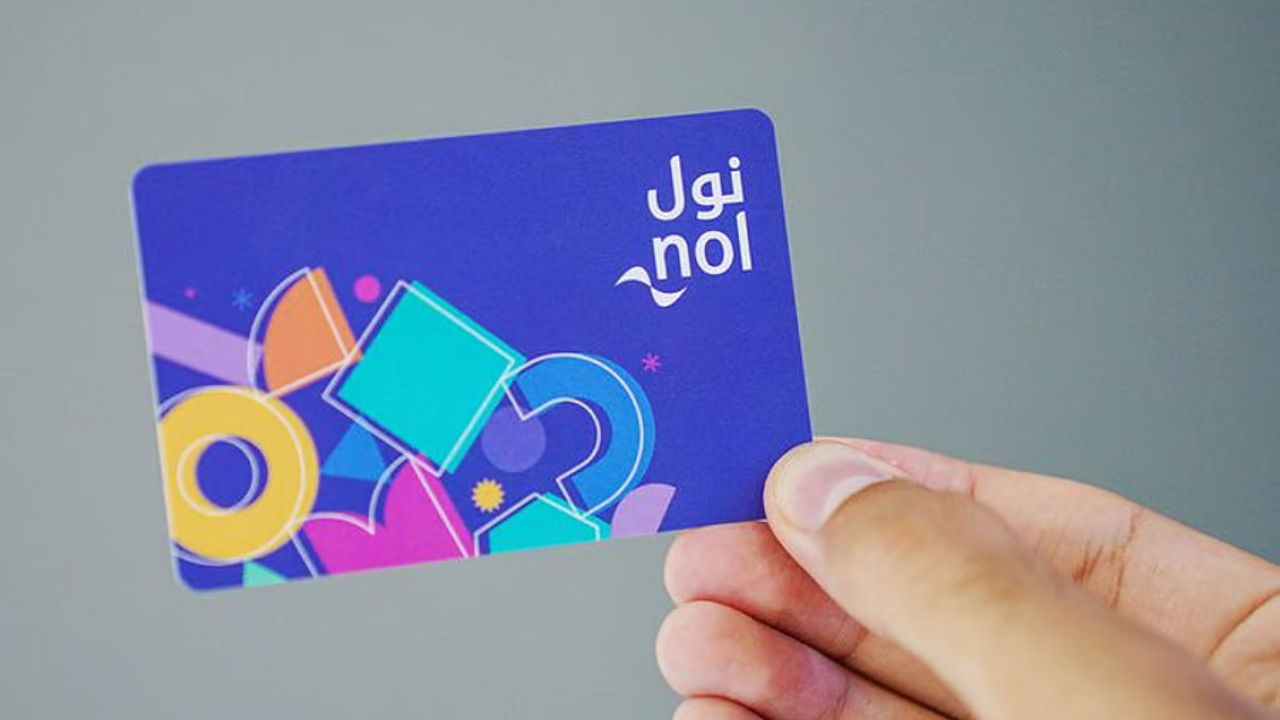Pakistan has officially introduced Artificial Intelligence (AI) in MBBS and Nursing curriculum to modernize its medical education system. This historic move aims to prepare future doctors and nurses for the digital healthcare revolution, where AI will play a key role in diagnosis, treatment, patient care, and research. By blending traditional knowledge with AI skills, Pakistan is ensuring that its medical graduates are ready for the future of medicine.
Why Introduce AI in Medical Education?
Healthcare around the world is rapidly changing. Countries are using AI to:
- Detect diseases early
- Perform robotic surgeries
- Monitor patients remotely
- Reduce medical errors
Pakistan cannot afford to stay behind. With AI now included in the curriculum, future doctors and nurses will be able to use technology responsibly and effectively, benefiting millions of patients.
Artificial Intelligence in Medical Education: Five-Year Course Introduced
According to official reports, a structured five-year AI course has been introduced in the MBBS curriculum and nursing programs.
Key Areas Covered in the AI Curriculum:
- Ethical use of AI in healthcare
- Practical applications of AI in diagnosis, treatment, and research
- Digital medicine training for modern hospitals and clinics
- Understanding data and analytics to improve patient care
This ensures that students are not only studying theory but also gaining real-world exposure to advanced medical technologies.
AI in Medical Practice: A Game-Changer for Healthcare
AI is already transforming healthcare across the globe, and Pakistan is catching up. With this integration:
- Doctors and paramedics will diagnose illnesses faster and with more accuracy.
- AI-assisted tools will help in radiology, pathology, and patient monitoring.
- Pilot projects like the HAMI program and AI-based retinal image analysis in Family Medicine are already proving successful.
This shows that AI in Pakistan’s healthcare sector is no longer a dream—it’s becoming reality.
Hands-On Learning: Workshops and Teleconsultations
To make AI training more effective, students will also participate in:
- Workshops on data analytics
- Teleconsultation sessions to experience digital patient care
- AI-based case studies to learn problem-solving in real medical settings
These activities bridge the gap between traditional medical teaching and the digital health ecosystem.
AI and Robotic Surgery in Pakistan
Another exciting development is the use of AI in robotic surgeries. AI-assisted robots are being used for highly complex procedures such as:
- Abdominal surgeries
- Pelvic operations
- Prostate and rectal surgeries
- Hepatobiliary (liver and bile duct) procedures
Benefits of AI-Powered Robotic Surgery:
- Higher precision in operations
- Faster recovery times
- Reduced human error
- Safer patient outcomes
This advancement proves that Pakistan is ready to embrace global healthcare trends.
Ethical Integration: Insights from Professor Karim Damji
Professor Karim Damji, Dean of the Medical College at Aga Khan University, confirmed that AI will be introduced gradually in a phase-wise manner.
He highlighted:
- A comprehensive AI curriculum for the five-year MBBS program has been developed.
- The focus is on ethical use of AI alongside modern medical practices.
- Continuous updates to the curriculum will ensure it stays relevant with new healthcare technologies.
This ensures that students not only learn AI but also understand the responsibility of using it in sensitive areas like patient care.
Curriculum Reviews: Ensuring Global Standards
The MBBS and Nursing programs undergo regular reviews to keep them up to date:
- Internal Reviews: Every 2–3 years for small changes.
- External Reviews: Every 5 years to maintain international standards.
- Approval Bodies: Curriculum Committee and Academic Council ensure all new subjects, including AI, meet quality benchmarks.
This process ensures that Pakistan’s medical education remains globally competitive.
Benefits of AI in MBBS and Nursing Curriculum
The inclusion of AI brings multiple benefits for students, healthcare, and patients:
| Benefit | Impact on Healthcare |
|---|---|
| Faster diagnosis | Early disease detection, fewer errors |
| Better treatment plans | AI-assisted personalized care |
| Improved education | Students learn real-world applications |
| Robotic surgeries | Precision and safety in operations |
| Digital healthcare | Telemedicine and remote monitoring |
Challenges and Future Prospects
While this is a groundbreaking step, there are also challenges:
- Training faculty to teach AI
- Providing enough resources and technology in medical colleges
- Ensuring rural hospitals can adopt AI-based solutions
However, with government and institutional support, Pakistan is on the path to modernizing healthcare education and making AI a part of daily medical practice.
FAQs on AI in Pakistan’s Medical Education
Q1: Is AI part of all MBBS and Nursing programs in Pakistan?
Yes, a structured five-year AI course has been included in both MBBS and Nursing curricula across institutions.
Q2: How will AI help medical students?
It will help them learn modern diagnostic tools, robotic surgeries, and telemedicine—skills essential for future healthcare.
Q3: Is AI safe to use in medical education?
Yes, but only when used ethically. The curriculum emphasizes responsible and ethical AI use in patient care.
Conclusion
The decision to include Artificial Intelligence in MBBS and Nursing curriculum in Pakistan is a landmark achievement. By teaching future doctors and nurses about AI, ethics, and digital medicine, Pakistan is taking a bold step towards modern healthcare.
This integration will not only improve patient care and diagnosis but also raise the standards of medical education. As AI continues to evolve, this initiative will ensure Pakistan’s medical professionals remain prepared to deliver the best healthcare outcomes for society.













